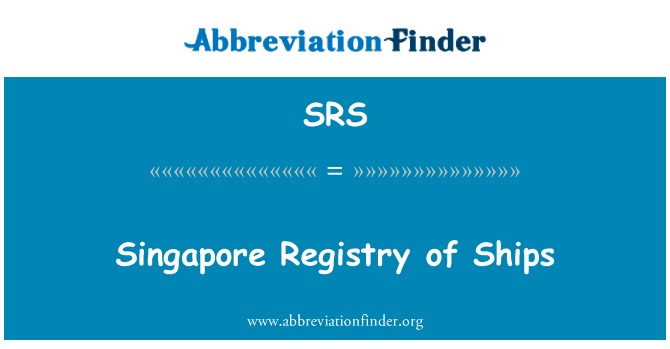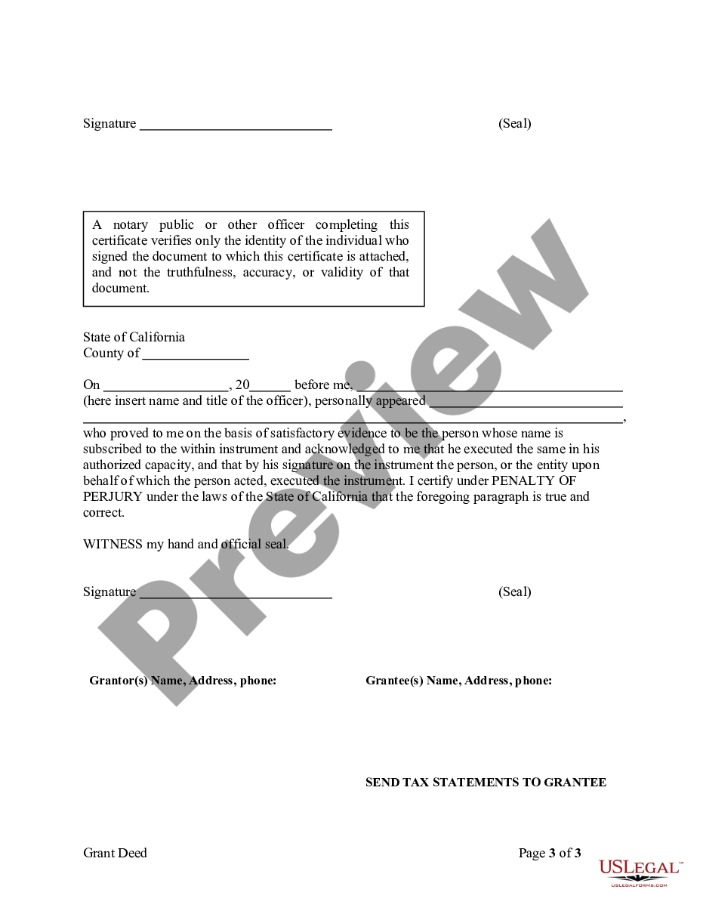In today’s complex financial landscape, Premarital Agreements have become an essential tool for many couples. These agreements not only provide a framework for financial planning but also map out solutions for issues that might arise during marriage or in the event of a dissolution. Whether you’re contemplating marriage or already engaged, understanding the benefits of these agreements can be crucial.
Why Consider a Premarital Agreement?
A Premarital Agreement, commonly referred to as a prenuptial agreement, is a legally binding document that outlines the ownership of financial assets and responsibilities for each party before tying the knot. Here are some compelling reasons to consider one:
- Asset Protection: Safeguard individual assets in case of a divorce.
- Debt Clarification: Protect yourself from your partner’s debts.
- Business Interests: Define and secure business ownership and control.
- Children from Previous Marriages: Ensure assets are preserved for your children.
What Should a Premarital Agreement Include?
When drafting a Premarital Agreement, it’s important to include several key elements to ensure its enforceability:
- Full disclosure of assets, liabilities, and income for both parties.
- Provisions for asset distribution and debt responsibility.
- Clauses regarding spousal support or alimony.
- Procedures for dispute resolution.
It’s recommended to seek professional legal advice to tailor the agreement to your specific needs. For more detailed guidance, visit Premarital Agreements.
Frequently Asked Questions
Are premarital agreements only for wealthy individuals?
No, these agreements can be beneficial for couples at all income levels. They offer a structured way to handle finances and ensure mutual understanding before entering a marriage.
Is a premarital agreement legally binding?
Yes, when properly executed, a premarital agreement is legally binding. It must be written, signed by both parties, and both individuals should have fair representation or have waived their right to legal counsel knowingly.
Can you change or revoke a premarital agreement?
Yes, premarital agreements can be modified or revoked after marriage through mutual consent, typically in a written format, and sometimes require court approval.
Premarital Agreements represent a proactive approach to managing marital finances and obligations. While discussing financial matters may not seem romantic, clear communication and planning before marriage can set the tone for a strong and lasting relationship.






